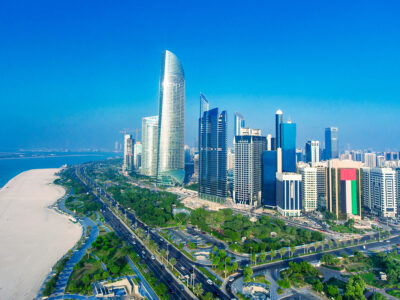Saudi Arabia needs more storage facilities for food to help cushion the largest Arab economy against rising commodity prices, the chairman of the Food Security Committee at the Riyadh Chamber of Commerce said.
Escalating food prices “worry us,” Saad Alkhorayef told reporters on Sunday in Riyadh, the Saudi capital. “We are encouraging the government” to increase capacity for storing wheat, barley, soybeans, sugar, rice and other food commodities, he said.
Saudi Arabia, the world’s largest barley importer, plans to increase imports as it phases out water-intensive food crops by 2016, in response to a Royal Decree in 2008. Food ranked as the biggest import in November at the kingdom’s eight ports, according to data on the website of the Saudi Ports Authority.
Inflation in Saudi Arabia accelerated to 6.1 percent in August, the highest level since February 2009, due to higher global food prices, central bank Governor Muhammad Al Jasser said in October. External commodity prices will help prop up inflation at an average of 5.3 percent in 2011, Jadwa Investment Co said on December 26.
World food prices climbed to a record high in December on steeper sugar, grain and oilseed costs, exceeding levels reached in 2008 that sparked deadly riots from Haiti to Egypt, the United Nations Food and Agricultural Organisation reported on January 5. An index of 55 food commodities tracked by the UN’s FAO gained for a sixth month to 214.7 points, above the prior all-time high of 213.5 in June 2008.
The kingdom may purchase 2 million metric tonnes of wheat in the current marketing year ending June 30, and imports may exceed 3 million tonnes in 2016, the Rome-based FAO said in October. The country may import 11.9 million tonnes of cereals in this marketing year, up from 11.7 million tonnes in the prior period, it said.
Brazil, Argentina, Ukraine, Australia and five other countries supply most of Saudi Arabia’s grain imports, Alkhorayef said.






